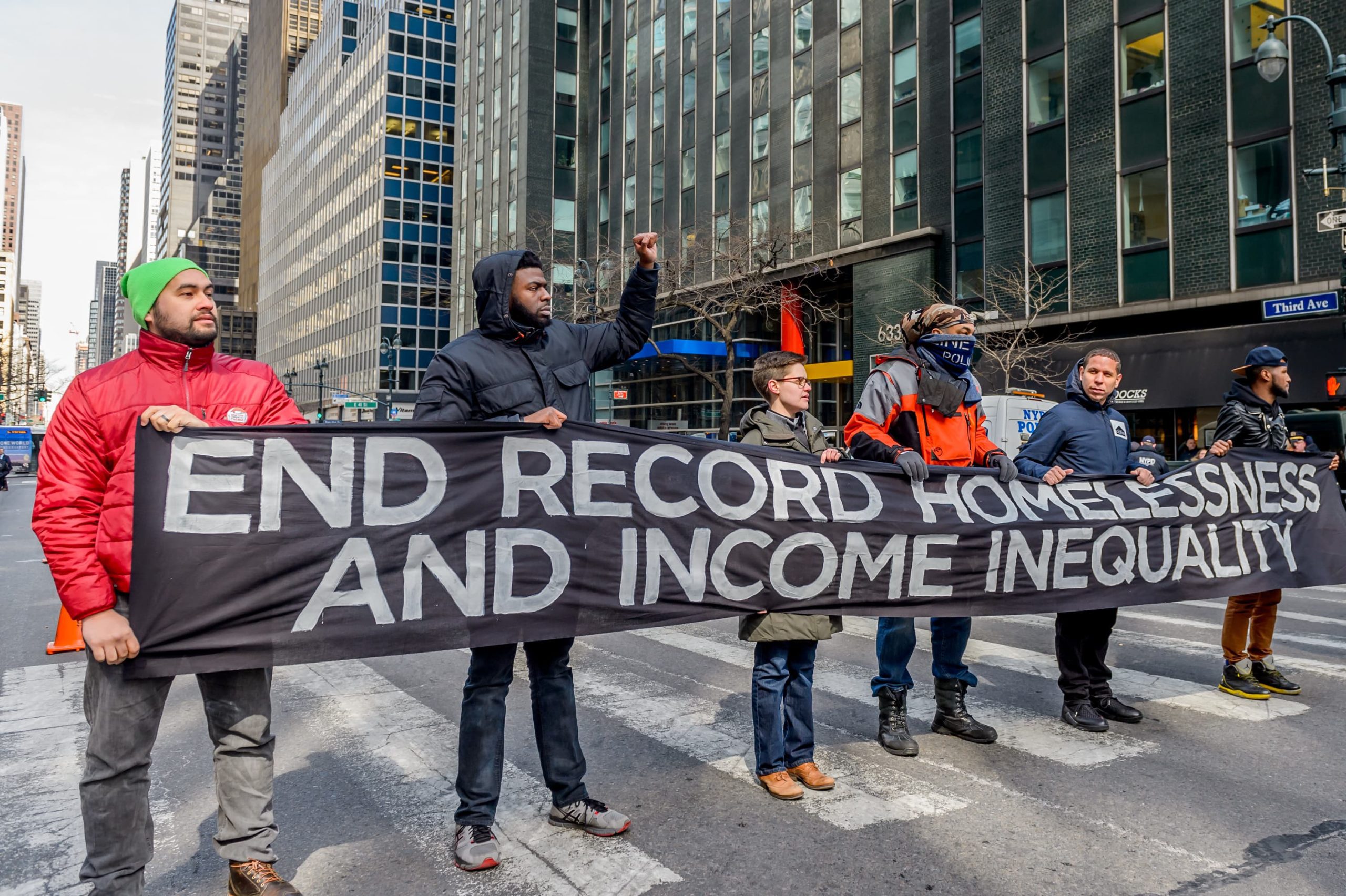Income inequality is a growing concern in Canada, with the wealth gap widening between the rich and the poor. In this article, we discuss some of the steps that can be taken to address this issue.
Income inequality is a serious issue facing many countries today, including Canada. According to a recent report by Oxfam, the wealth gap in Canada has widened significantly in the past few decades, with the richest 1% of Canadians now owning more wealth than the bottom 80% combined. This growing income inequality has serious implications for the well-being of Canadians, as well as for the economy as a whole.
In this article, we will discuss some of the steps that can be taken to address the growing income inequality in Canada. These steps include measures that can be taken by the government, as well as actions that individuals and businesses can take.
What Steps Can be Taken to Address the Growing Income Inequality in Canada?
Government Measures:
- Increase taxes on the wealthy: One way to address income inequality is to increase taxes on the wealthiest Canadians. This could be done by introducing a wealth tax or by increasing the marginal tax rate on high earners. The additional revenue generated from these measures could be used to fund social programs that benefit low-income Canadians.
- Increase the minimum wage: Another way to address income inequality is to increase the minimum wage. The current minimum wage in Canada varies by province, but it is generally considered to be too low to provide a decent standard of living. By increasing the minimum wage, low-income workers would be able to earn a more livable wage and reduce their reliance on government assistance programs.
- Expand social programs: Canada has a strong social safety net, but there are still gaps in the system that need to be addressed. By expanding social programs such as affordable housing, childcare, and healthcare, low-income Canadians would have better access to the resources they need to improve their standard of living.
Individual and Business Actions:
- Pay a living wage: One way that businesses can address income inequality is by paying their employees a living wage. This means paying employees enough to cover basic living expenses, such as housing, food, and transportation. By paying a living wage, businesses can help to reduce the need for government assistance programs and improve the financial well-being of their employees.
- Provide benefits: Another way that businesses can address income inequality is by providing benefits such as healthcare, dental care, and retirement savings plans. These benefits can help to improve the financial stability of employees and reduce their reliance on government assistance programs.
- Invest in education and training: Finally, individuals can take steps to improve their own financial well-being by investing in education and training. By improving their skills and knowledge, individuals can increase their earning potential and reduce their reliance on low-paying jobs.
FAQs:
Q: Why is income inequality a problem? A: Income inequality has a number of negative impacts on society, including reduced social mobility, increased poverty, and decreased economic growth.
Q: Can income inequality be addressed without government intervention? A: While individuals and businesses can take steps to address income inequality, government intervention is necessary to implement large-scale solutions such as tax reform and social program expansion.
I'm reaching out to ask for help in raising funds to purchase a modest, dependable used car. Having a vehicle would not only restore my independence but also allow me to engage more actively in my community and maintain essential aspects of daily living.
Help Chris Regain Independence with a Reliable Vehicle at GoGetFunding


